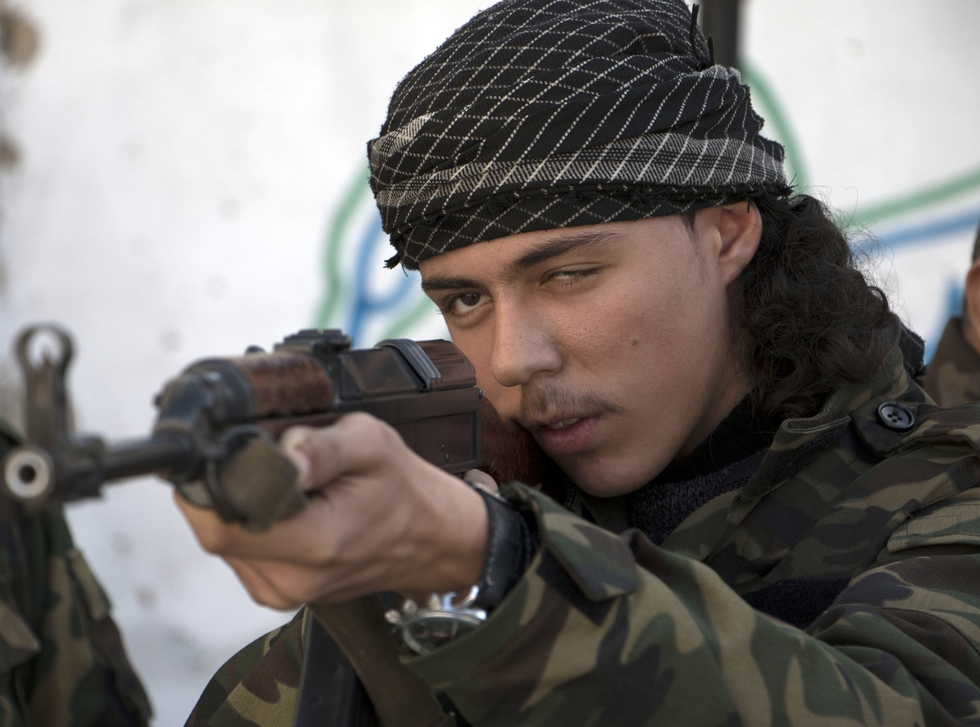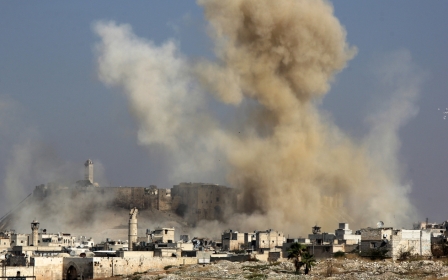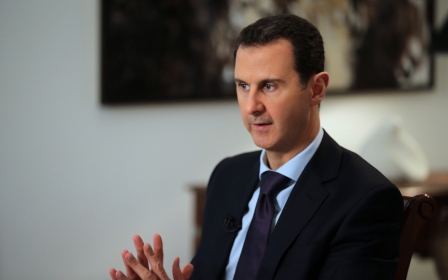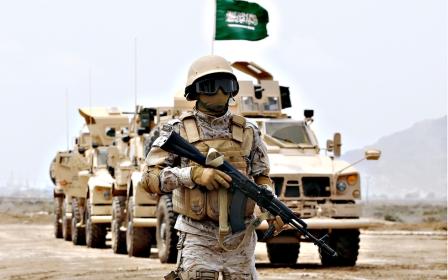Syria talks 'unrealistic' as fighting rages beyond deadline

The UN special envoy to Syria has said a new round of Syria peace talks next week is unrealistic, as fresh bombing raids were reported on the day of an agreed ceasefire deadline.
Speaking to a Swedish newspaper on Thursday, Staffan de Mistura said he could not "realistically call for new Geneva talks on 25 February", the date they were due to resume.
"I cannot say when I will call for talks. We have been disappointed in the past, now I am pragmatic and determined," he said.
"I would like that the US and Russia, with their partners, agree about a beginning of a cessation of hostilities between today and mid-next week. Now the ball is in their court."
His comments came as a Friday deadline for a "cessation of hostilities", agreed by world leaders in Munich, passed amid fresh reports of fighting in Aleppo and Hasakah province.
Ahead of the deadline, Russian and American aides held what the Russian deputy foreign minister described as "intense consultations" in Geneva on Thursday.
On Friday, military officials and diplomats from both countries continued talks, meant to pave the way for a broader meeting of international players which de Mistura was scheduled to attend in the afternoon.
Meanwhile, firece fighting continued in Syria with activists in the north eastern province of Hasakah reporting that on Thursday evening Russian bombers targeted a coach full of people, killing 10 civilians.
On Friday morning, Al Jazeera’s correspondent in Syria said Russian air strikes on the village of Sheikh Isa in Aleppo had killed a man and three of his children.
Other reports stated that Turkey was continuing to bomb Syrian Kurdish forces in the northern border area.
The Red Cross on Friday said it was "deeply alarmed by the situation in the Aleppo region, where fighting is intensifying, hospitals and health workers have been targeted, people have no water or electricity and more than 70,000 have now fled their homes".
"The most basic infrastructure to support the lives of the people has been critically damaged, worsening the situation of the population dramatically, with the number of newly displaced people rising by the day," ICRC Syria delegation head Marianne Gasser said.
Ineffective ceasefire
The Munich agreement, struck last Friday, came after UN-backed peace talks in Geneva failed on 3 February as the government of Bashar al-Assad refused rebel demands to end fighting as a precondition.
De Mistura "paused" the Geneva process, saying they it resume on 25 February.
Russian forces have been bombing targets in Syria since last September in support of the government, saying they are fighting “terrorists”.
However on Thursday it appeared to criticise Assad for continuing to seek a military solution to the conflict and stating after the Munich talks he would take back the whole of Syria, even at a "heavy price".
"Russia has invested very seriously in this crisis, politically, diplomatically and now also militarily," the Russian envoy to the UN, Vitaly Churkin, told Kommersant newspaper.
"Therefore we would like Assad also to respond to this," he said, adding that the Syrian leader's stance "is not in accord with the diplomatic efforts that Russia is making”.
The Munich agreement did lead to a limited amount of aid being sent to seven areas of Syria which had been under siege for months.
Though UN-sponsored efforts at peace talks appear to have faltered, Saudi Arabia - a key foe of Assad and his Russian allies - said on Friday that King Salman had discussed “developments in the region” with Russia’s President Vladimir Putin.
A bulletin issued by the official Saudi SPA news agency on Friday morning said the two leaders had discussed bilateral relations during a phone call to mark 90 years of Saudi-Russian relations.
New MEE newsletter: Jerusalem Dispatch
Sign up to get the latest insights and analysis on Israel-Palestine, alongside Turkey Unpacked and other MEE newsletters
Middle East Eye delivers independent and unrivalled coverage and analysis of the Middle East, North Africa and beyond. To learn more about republishing this content and the associated fees, please fill out this form. More about MEE can be found here.




